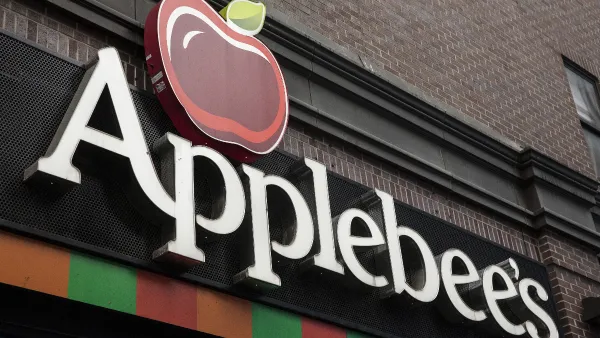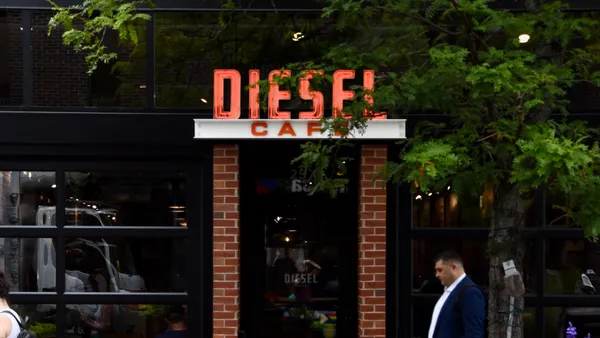Dive Brief:
- Forty-one percent of small restaurants couldn’t pay rent in May, a new report from Alignable shows. This rent delinquency rate is up 8% from April and 13% from February, and erases all progress made since October 2021.
- This change is largely attributed to rent inflation, as landlords have increased rents in recent months, according to Alignable. Fifty-two percent of small businesses have experienced rent increases, which is up 6% from April, per the report.
- Rent inflation is just one factor pressuring operators, however. A March Alignable report shows 66% of restaurants are struggling with high gas prices, and traffic has declined due to gas prices, per Placer.ai data.
Dive Insight:
On top of higher gas and rent costs, restaurant operators are also navigating staffing shortages, higher wages and spiking food costs. More than 80% of restaurant and hospitality businesses in Michigan say they don’t have enough workers to meet demand, for example, while 77% of operators have experienced commodity inflation higher than 10% in the state.
Inflationary pressures are undermining market progress, as many operators saw a recovery in sales in 2021. Independent restaurant locations also grew by 1% last year, while visits increased by 12%. Operators' optimism has still dwindled since mid-2021, with most citing inflation as their main challenge, according to the National Federation of Independent Businesses' Small Business Optimism Index. Further, the index's six-month outlook has fallen to an all-time low. Rent inflation is expected to remain high throughout 2022 and into 2023, according to researchers from the Federal Reserve Bank of San Francisco.
This inflationary pressure has hurt minority-owned businesses disproportionately. Fifty-six percent of minority-owned businesses couldn’t afford May rent, a 20% increase from April, according to Alignable. In just a month, minority business owners went from the lowest rent delinquency rate in over a year to the highest.
There is little hope of legislative relief, as the Senate declined to replenish the Restaurant Revitalization Fund last month. The Independent Restaurant Coalition predicts that over 50% of independent operators that didn’t receive RRF grants could close within six months without increased federal aid.
However, Kiplinger, a personal finance magazine, predicts inflation will ease gradually this year. Most consumers (65%) also say they prefer local restaurants versus chains, and 72% have spent money at local restaurants in the past three months, which could help struggling independents.













